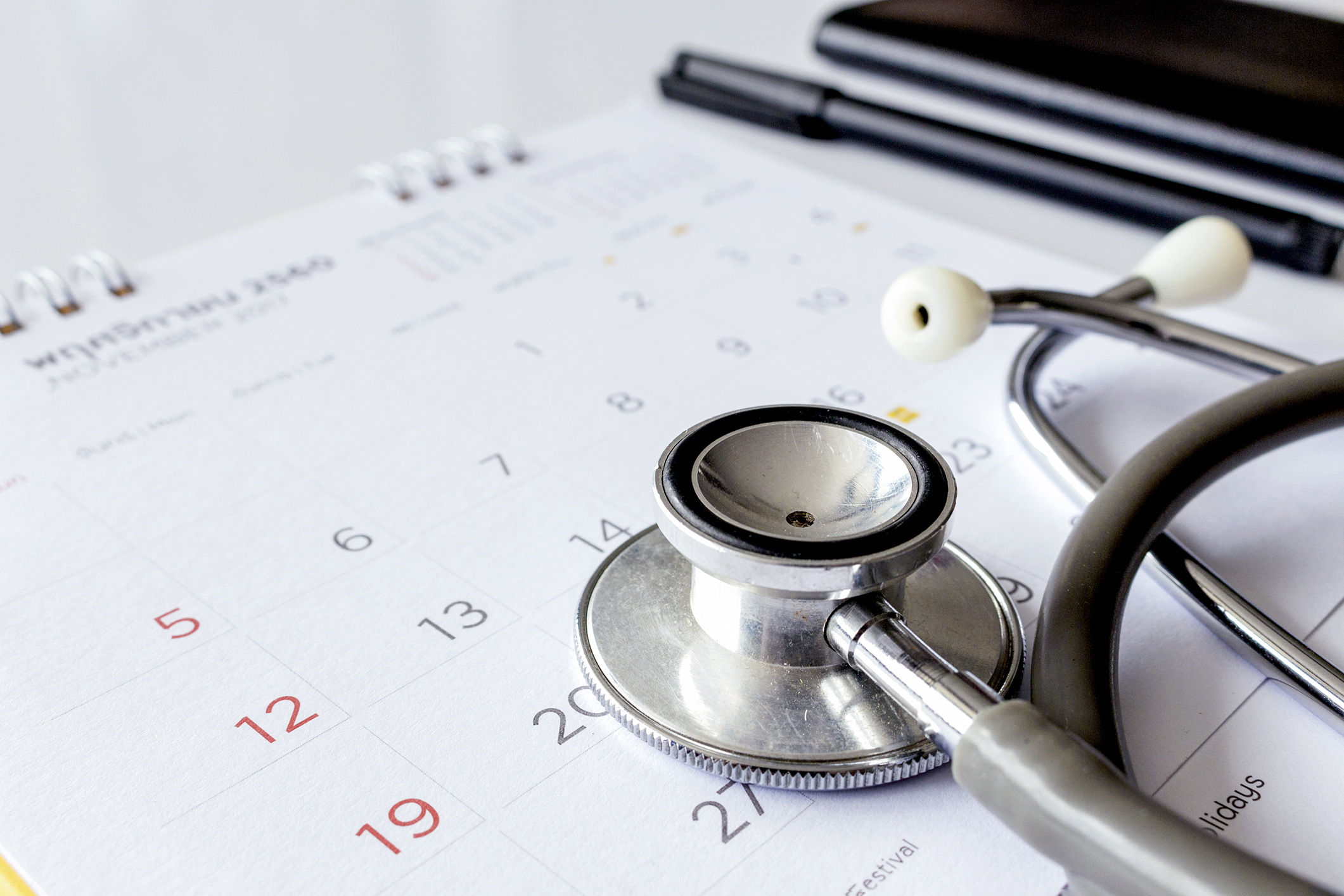
The Blueprint
Member Resources - Medicare
Medicare can be confusing. We can fix that. Blue KC Medicare members and Medicare shoppers will be guided to easy-to-understand information on all things Medicare, plus articles on benefits and programs, healthy living for seniors, and more.



